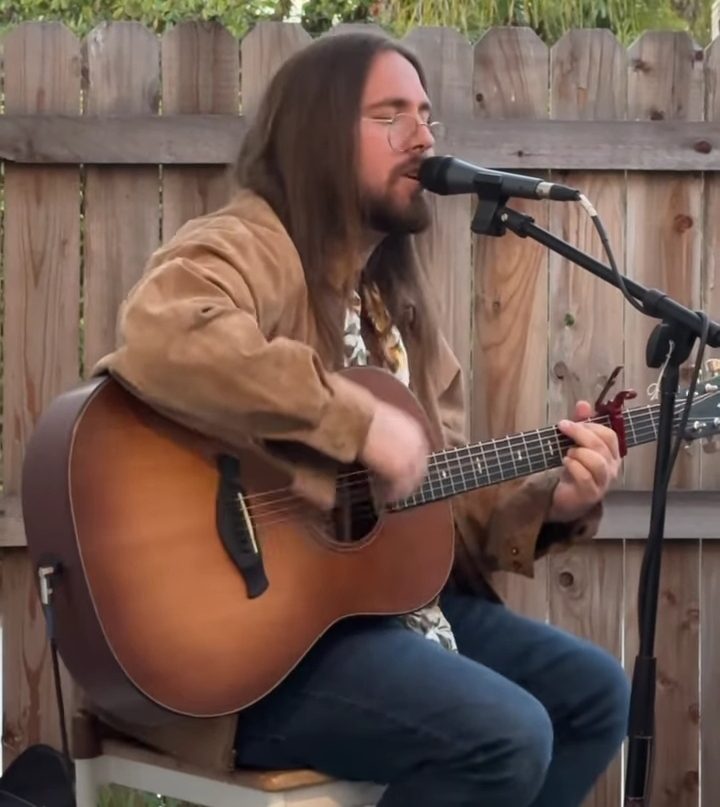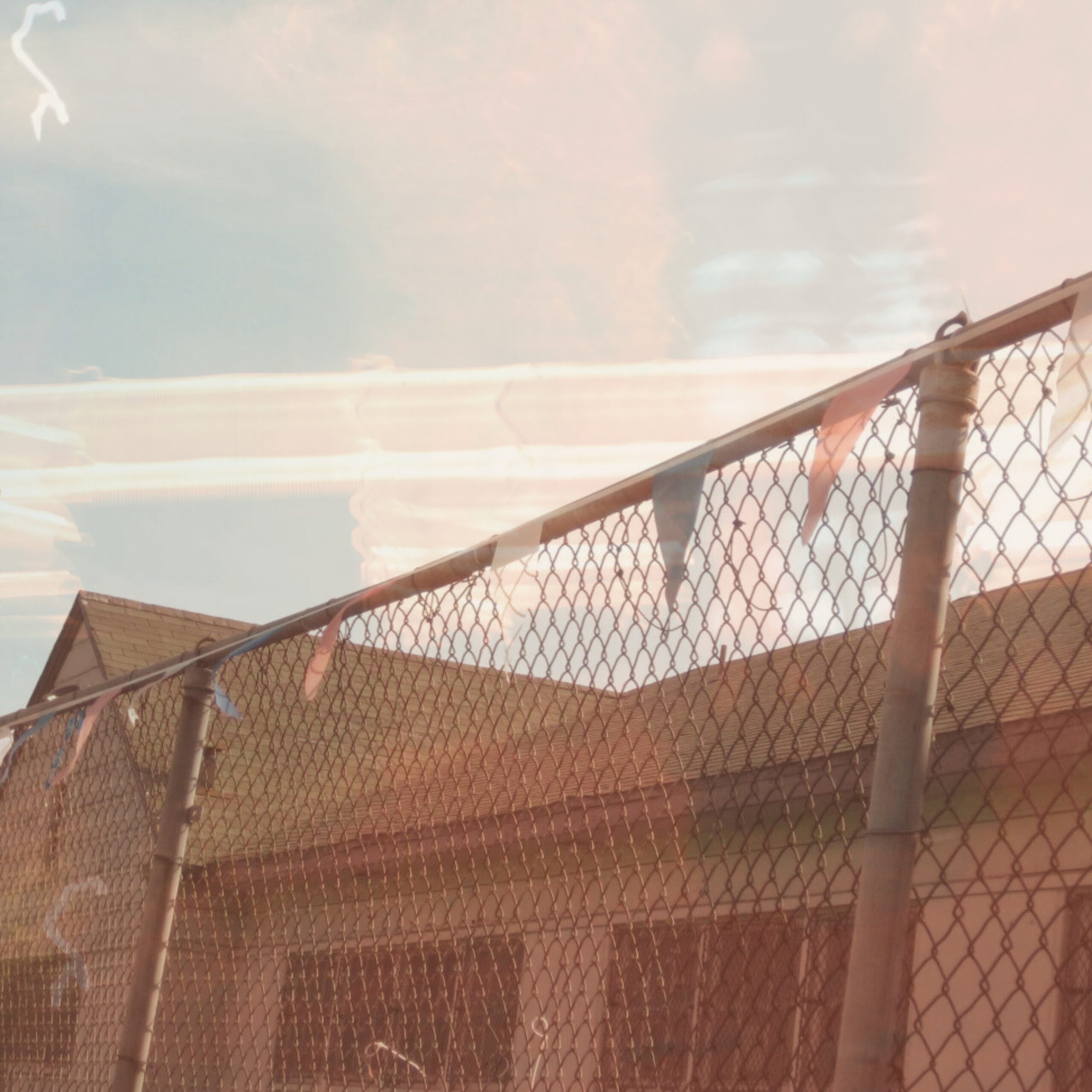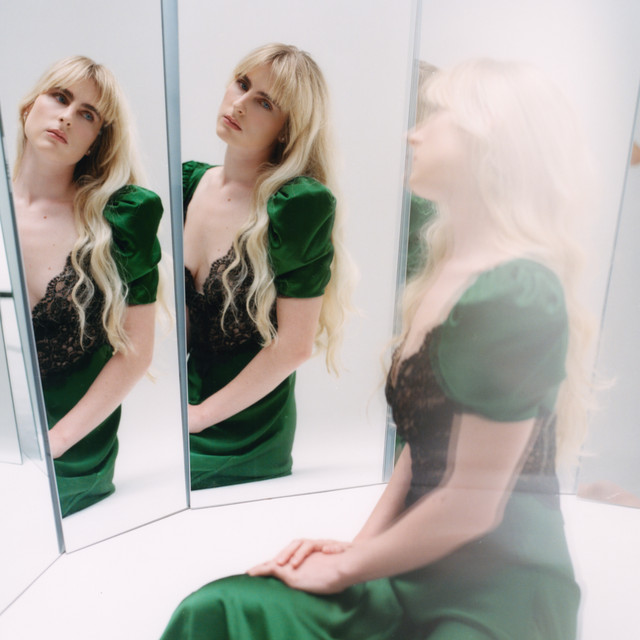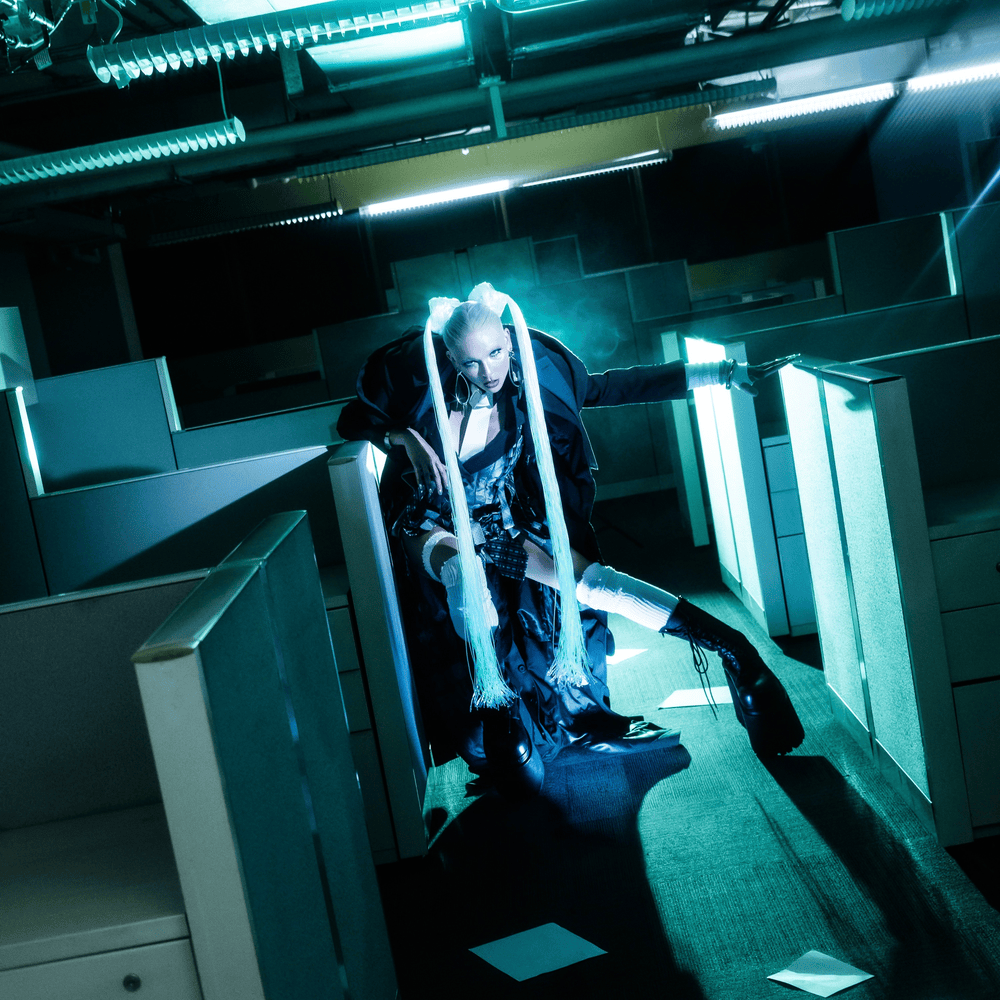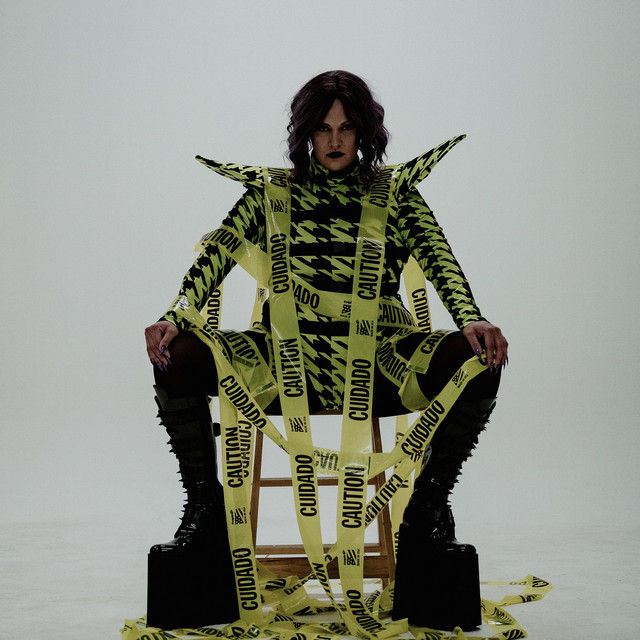We had the pleasure of interviewing Nick Sabia, and here’s what he had to say:
Q: At what point did you decide that you want to be a musician? How did your family react to this?
SABIA: It wasn’t until I was 16 that I discovered my love for music through the piano. I was able to play songs by ear and discovered a knack for music. My family was pretty surprised and very supportive of it. I decided after only a few months of playing piano that I would dedicate the rest of my life to music. I then became a vocalist and learned other instruments along the journey. Now (13 yrs later) I’ve been full-time in the industry for over 6 years mainly as the vocal producer at 17th. St. Studios. as well as other roles
Q: What is your favorite memory from your musical journey so far?
SABIA: There have been so many good ones but my favorite has to be when I recorded my first album last year. It was really surreal being in London Bridge Studios and tracking on the same mics that have recorded a bunch of legends. It was a mountain of a task to take on as we tracked 11 songs in only 3 days but for it to go as flawlessly as it did really made it feel like a dream. The whole cast of characters I brought along were all so talented and fun to be around it really was one of my favorite memories in life. I’ll never forget the smell of Seattle coffee every morning walking into the studio before powering everything up.
Q: How do you balance your music career with your social life/other obligations?
SABIA: I’m able to balance things all right for the most part because I have compartmentalization. The way I look at it is if you’re nonstop about your music and music career then the music may not actually turn out as well. I feel like I need to fully live life in order to write songs about it. Whether it be quality time with friends, hiking/getting out in nature, getting wrapped up in a movie, etc. So I try to fill my “inspiration tank” as often as I can, that way I can turn to music and outpour everything I’ve just soaked in. Like a sponge of life if you will.
Q: That makes a lot of sense! When did you know “Chattanooga” was complete and ready for release?
SABIA: Well, I went back and forth with the mix maybe 8 times until I finally decided it was ready. I knew it didn’t need a ton of production tricks since it’s mostly about the vocals and the message, it was really just a matter of getting the mix right for me. It’s hard to ever feel like something’s wrapped up perfectly. I feel like most of the time the track’s ready to release but I’m unable to bring myself to release it cause artists can be perfectionists to their detriment. I was stoked with how this one turned out though and was eager to release it. I meant to finish it and release it early in the summer but time got away from me so I released it only 5 days after finishing it so that I could still get out there while summer’s here.
Q: What effect would you like this song to have on listeners?
SABIA: I hope this song lifts their spirits and reminds their inner child to “go on down to the creek” and get away from it all and let some light in, open up their chest, drop their shoulders, and spread a smile 🙂
Q: What’s your favorite genre for creating songs? Which do you think allows you to express yourself in a way that most matches your personality?
SABIA: So the thing is I’m not a big genre guy. So far what I’ve released is one sound palette however as a producer/songwriter/music lover I have different truths on different days that need to be represented how they need to be represented not how they fit into a genre therefore I have tons of unreleased tracks that vary from straight EDM pop to Classical orchestrations to Spoken word/rapping to country to Crooner Jazz and so on. I plan on showing more of my artistry as time unfolds but for now, I’ve been sticking to a traditional style of songwriting/production palette. I feel as though genre-specific artists put themselves in a box for the sake of marketing/branding and being more easily understood. However, I think it limits their potential for art and doesn’t allow as much room for personal growth/discovery.
Interviewed by Zoey King
FOLLOW NICK SABIA:

